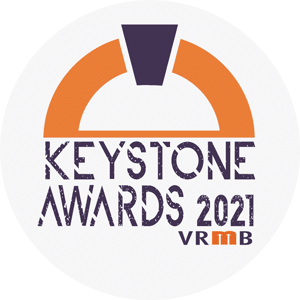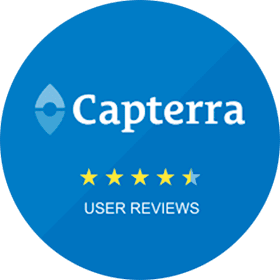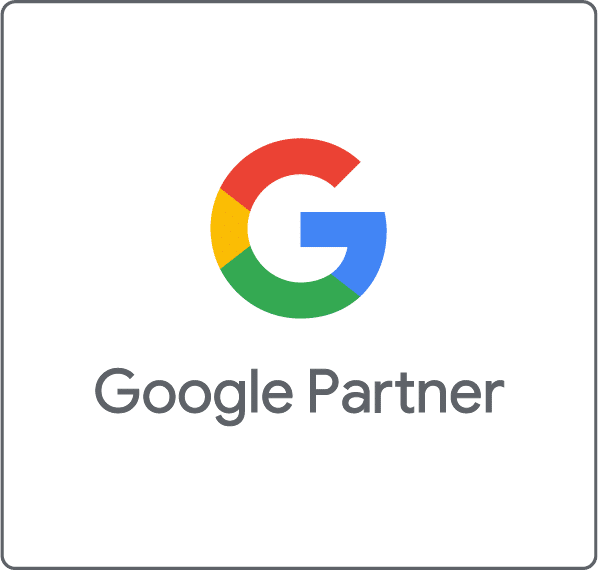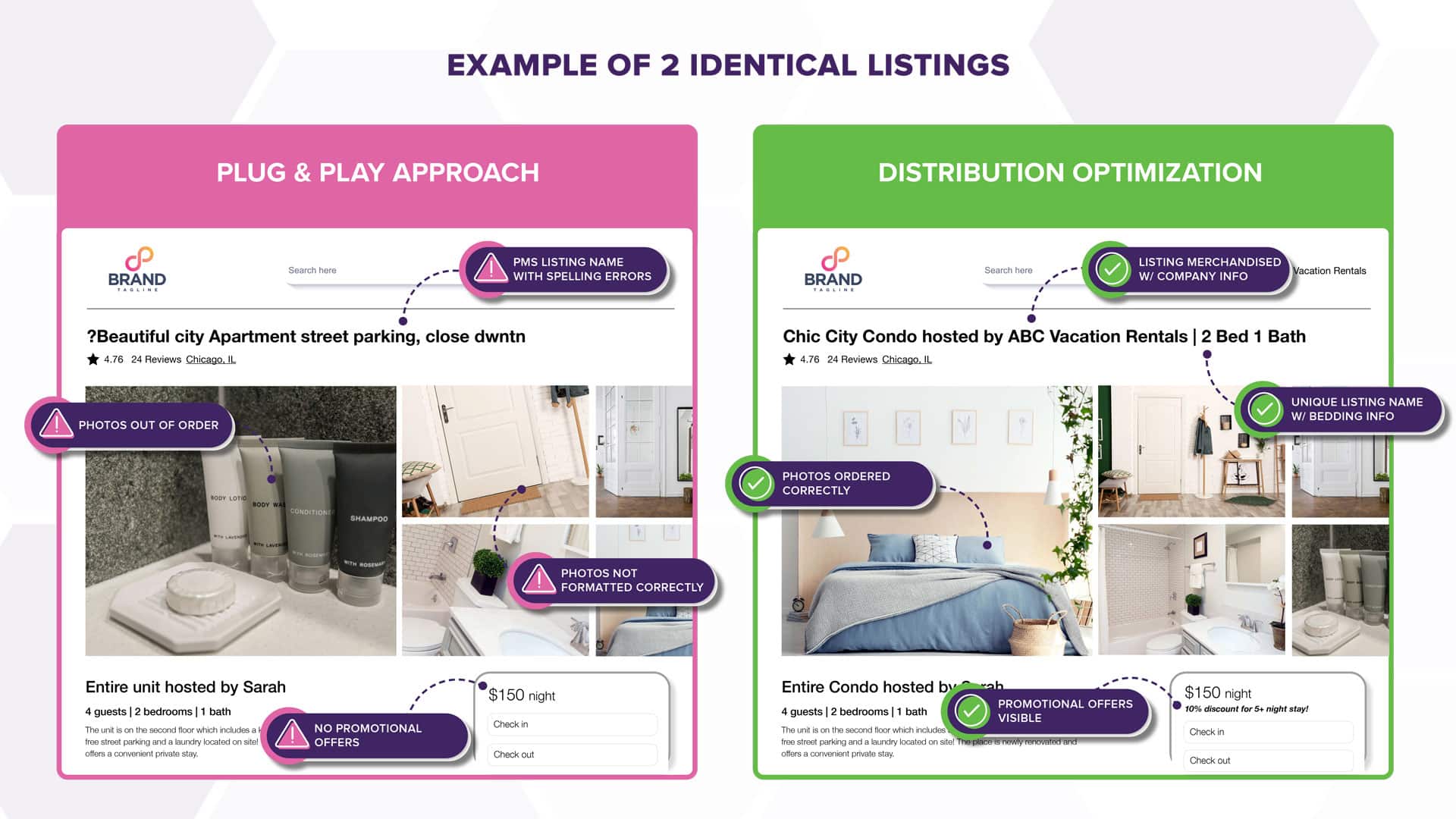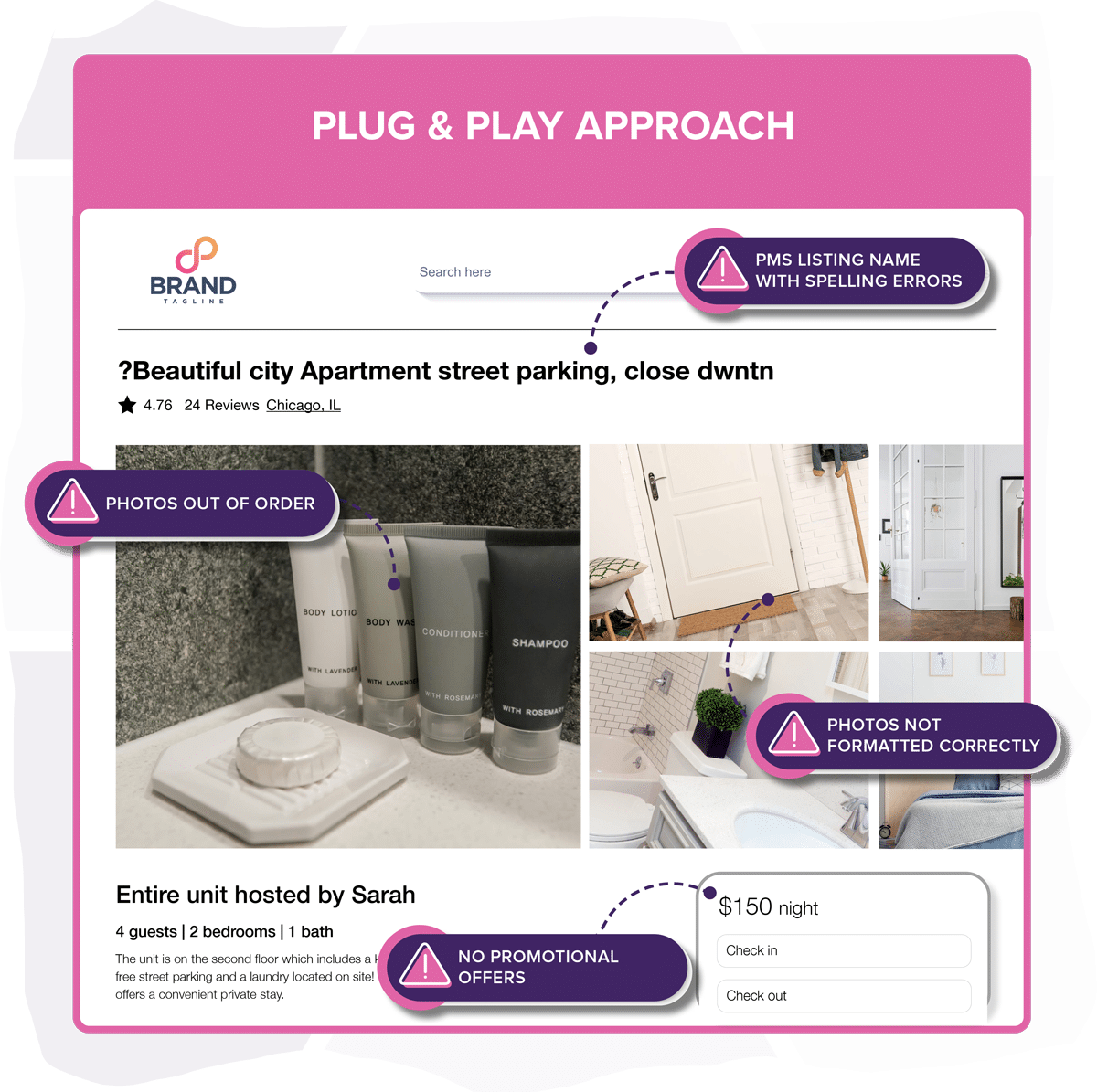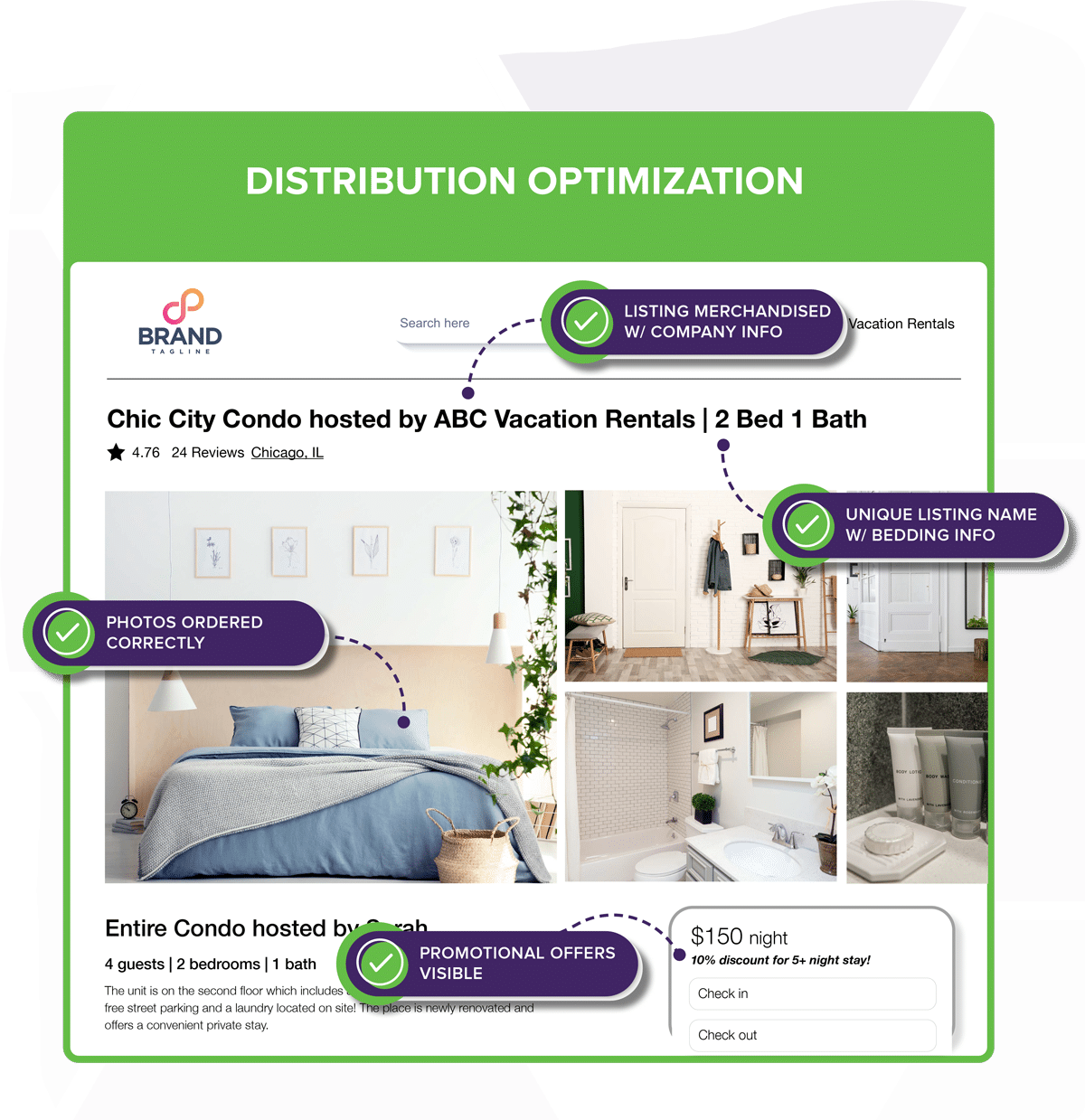Service While You Sleep: Mastering Hospitality Communications Through Automation
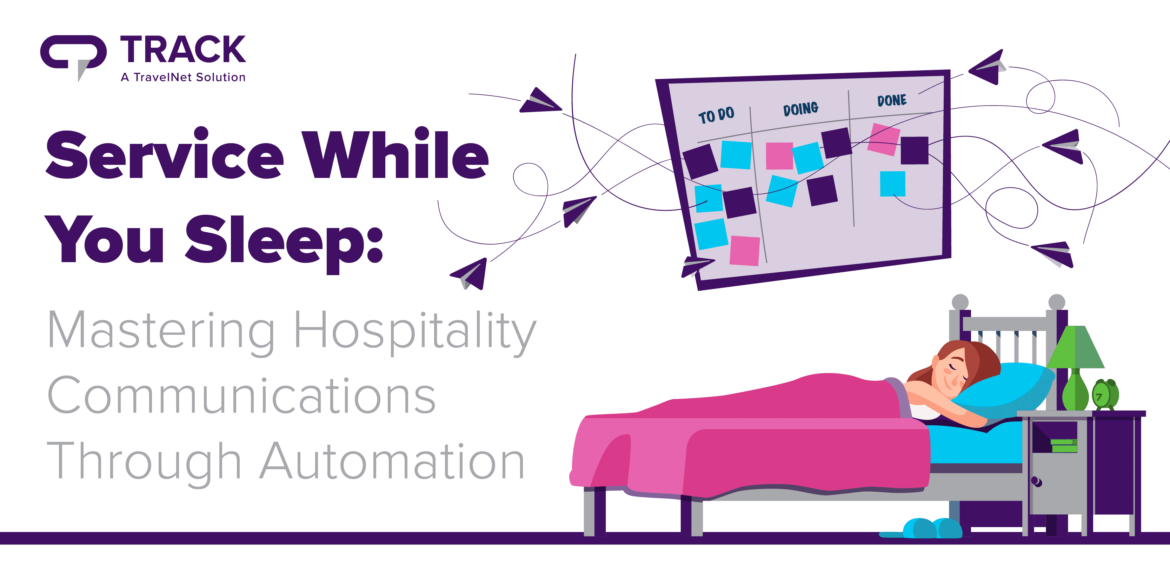
Hospitality professionals generally enjoy creating, and being around the experience of a stay.
You and your guests are a team in this regard because you share the same goal: optimize the end-to-end experience. For the guest, that means planning ahead, coordinating schedules, and the like. But what does it mean for you, exactly?
Certainly, it means making sure your properties are in perfect order, but something else is both within your control AND is at least as critical to the overall guest experience. It’s called communication, and doing it well has never been easier.
Experiential Marketing and Hospitality
Experiential marketing seeks ways to increase the value of an overall experience without adding incremental cost. The more value you build in, the better the customer will feel, and the more enthusiastic they’ll be about your brand.
The classic example of experiential marketing done well is Disney. Every aspect of shopping for, booking, and experiencing a Disney vacation is carefully considered and tied to the brand. They know you’re going to spend a lot of money with them, and that you need to receive value at every turn. Among other things, that means making sure that every guest feels special and taken care of — kids and parents alike.
You might be thinking, “Okay, but I’m not competing with Disney here.” But in a way, you are. Technology has democratized travel such that your experience is judged against all others, including the very best. You don’t get a pass because you’re small. But modern tools place a thoughtful and orchestrated experience well within reach.
Hospitality lends itself perfectly to the Disney mindset. You’re not just renting a room, condo, or home — you’re taking that guest by the hand and leading them down an intentional prepared path that begins the moment they find your properties online and continues beyond their stay.
We’ll talk more about experiential marketing in a future article, but for now, let’s focus on the most critical aspect of an overall travel experience: timely, accurate, and on-brand communication.
Timeliness: Looking Beyond the What and How
What are the elements of communication? Broadly speaking:
- The message is the “what” and “why” of your communication. What are you saying and why is it relevant? What action do you want the recipient to take?
- Tone and voice are the “how” and “who” of your message. How do you want to deliver the message? Who should it sound like?
- Style is the look and feel of the message, such as grammar, punctuation, and organization.
- Timeliness is the “when.” When does the recipient need to receive the message? When will they be most receptive to it?
All these elements are important, but the hardest to do well is timeliness. Consider an “out of office” email automatic reply. It gets triggered instantly to inform the sender of an email that the recipient isn’t there, but what if it wasn’t? What if it came four hours later or not at all? Suddenly the “what” and “how” don’t really matter.
An out-of-office reply is a simple example of a triggered, or automated communication. As long as it’s set up in advance, it will do its thing once or thousands of times, delivering important information exactly when it’s needed without you lifting a finger.
Many automations are already built into the travel experience. The email confirmation sent after a confirmed booking, for example. But now that we all have devices that can talk to each other while we sleep, there are an infinite number of possibilities for delivering timely and relevant communications to guests, owners, and staff alike, adding tremendous value to their experiences.
With a careful look at your experience and a bit of planning, you can dazzle all your stakeholders and add value without adding cost. Let’s learn how.
Automated Communications Done Right
Property managers have three main audiences: guests, owners, and staff. Each has their own reasons for wanting (and often needing) timely communication from you. But there are only so many hours in a day, so to ensure timeliness, you need to connect your messaging to the clock or other triggers.
Not everyone is comfortable with the idea of automating. For someone in the service business, handing over control to a machine can feel like a big leap of faith. But done right, it can both elevate the experience and make you look awesome.
When you use Track to automate, all information is logged and appended to the guest record, making it easy to see where and when all the various touches occurred. That data can be invaluable when evaluating successes and failures.
In general, it’s better to over-communicate. A lack of information is usually filled with misinformation or assumptions, neither of which benefit your business. Think through all the current and potential touch points between you and your audiences. How long after X happens should communication Y go out? When do you need information and when does your guest? Make a list and check it twice, then see what you can automate.
Examples of automated communication follow:
Guests
Obviously, this is your most critical audience. Booking a trip can be an exciting, but stressful task. There’s a lot of money involved and, when it comes to time off and such, a lot of planning. Timely and useful communication can reduce that stress and keep guests in a positive frame of mind about their trip. Remember, you’re not limited to just email. Texts are a great way to reach guests on the fly as well. Examples:
- Booking confirmations (especially booking direct)
- Waivers
- Deposit details
- Contract signatures
- Collecting other crucial pre-stay information
- Check-in instructions (door/gate codes, walkthrough checklist, etc.)
- Surveys
- Review requests
- Special offers, event notices, etc.
Want more examples? Check out our free eBook, “Automations and Triggers to Create Profitability and Efficiency.”
Owners
Owner communication is an often overlooked aspect of the business, but you can’t let things slip through the cracks. Being proactive is critical, especially if you’re focused on growth. Property managers often limit what they share with owners, but our research indicates they expect access to, and frequent updates from their PM. Automation can simplify and streamline what is often a manual and inconsistent process. Examples:
- Monthly statements with as much or as little info as you wish, with accurate rev share percentage breakdowns for multiple owners
- Text or email alerts when their property calendar(s) are updated
- Relationship building emails or texts, e.g. thanking them on a contract anniversary
Staff
Other members of your organization, especially housekeeping and maintenance, benefit from knowing certain information about properties, such as:
- Enabling field staff to check in or give status updates without having to call
- Notifications about pool/hot tub maintenance needs
- Alerting managers to the number of turns
- Assigning work orders to the best team
- Accounting, billing, and collections
Two-way, real-time communication with staff in the field is a huge benefit, especially when it comes to texting. Now that we are no longer tied to our desks, it’s important to remember that teamwork and coordination stretches beyond the office walls. Teamwork makes the dream work!
Summing Up
No matter your industry, the importance of accurate, relevant, timely, and on-brand communication can’t be overstated. Messages delivered at the wrong time, in the wrong way, or not at all can damage your brand and your bottom line. But if thinking about all you could or should be doing makes you feel overwhelmed, then some of the 1.2 million automations possible with Track might be just the ticket.
This is especially true in hospitality. In the end, we’re in the experience business, and getting the right information to the right people at the right time plays a big role in delivering an experience that dazzles and delights. It takes some thoughtful planning and testing on the front end, but once you trust that your systems are taking care of your guests while you sleep, you’ll realize it was time well spent. Request a free demo and see what VRMB calls “the software of the future.”


